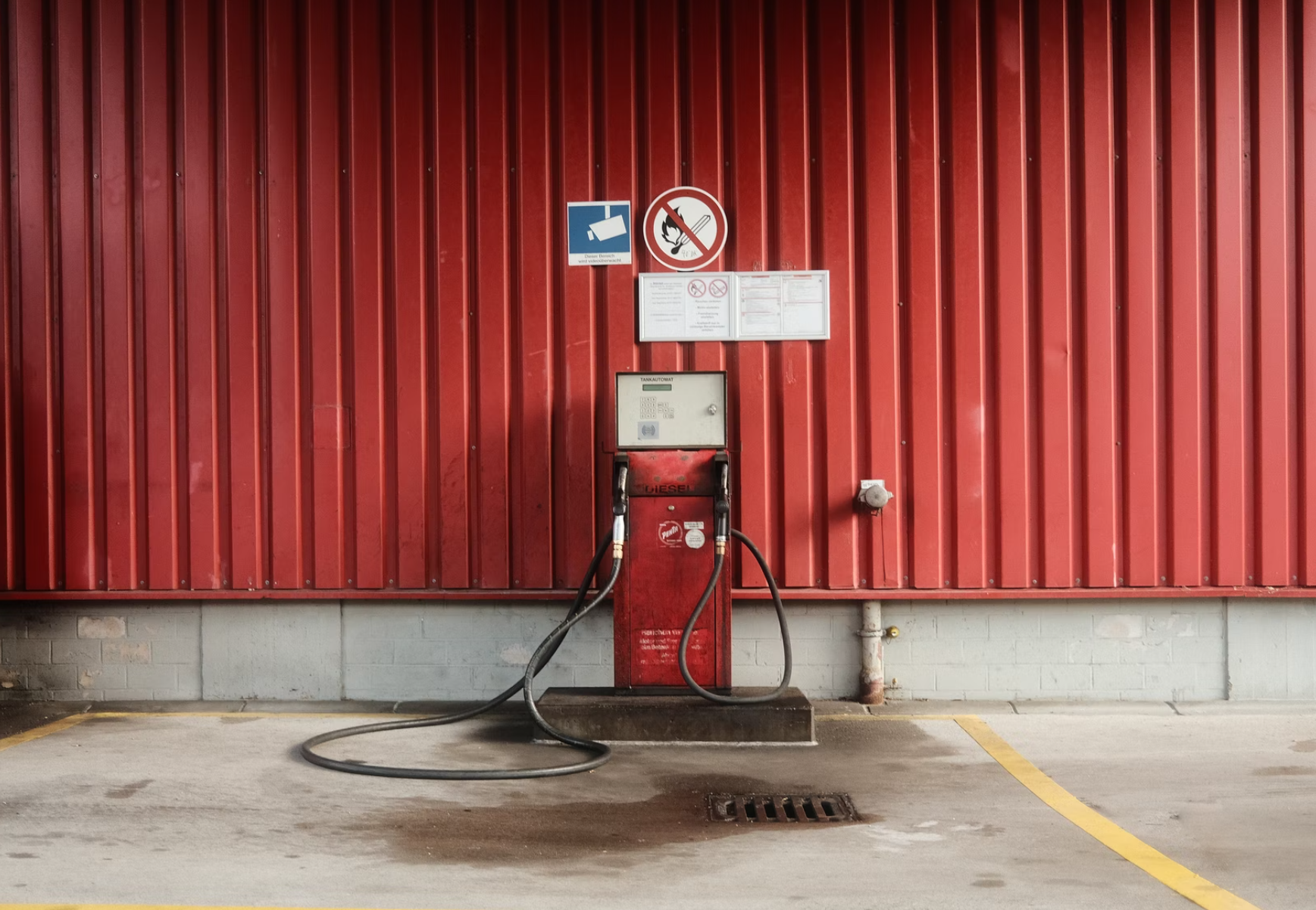Energy price increases across the globe continue to present challenges for businesses and households alike. Specifically, ultra-high-energy prices are driving record levels of inflation across the globe.
However, what is even more concerning is that these energy price hikes are now being transmitted to other sectors of the global economy.
As an example in the US, the latest May-2022 inflation report shows an overall 8.6% headline inflation rate, notably the report also indicates that higher energy prices are now being transmitted to the Transportation and Food sectors (see below table).
What about Nigeria?
For Nigeria, energy price hikes are being observed across a variety of products including Diesel, Kerosene, Cooking Gas, and Aviation fuel (see below table)
 Some economists may even argue that Nigeria’s Petrol (PMS) costs are also trending higher albeit that Nigeria’s existing fuel subsidy is mitigating the actual impact on end-state consumers in Nigeria.
Some economists may even argue that Nigeria’s Petrol (PMS) costs are also trending higher albeit that Nigeria’s existing fuel subsidy is mitigating the actual impact on end-state consumers in Nigeria.
- However, Petrol (PMS) costs and associated subsidies are beyond the scope of this article.
- The above price increases for Energy products are alarming and present significant challenges to Nigerian households and businesses.
- This begs the question “What economic sectors in Nigeria are likely to be impacted by these rapid price increases across various energy products?”
5 key sectors experiencing adverse impact of higher energy prices in Nigeria
1. Hotels and Hospitality
Nigeria’s Hotel operators and hospitality sector in general (i.e. event venues, entertainment clubs, etc.) are reliant on diesel generators to power their daily operations without interruptions.
Therefore, for this sector, energy price spikes mean that entrepreneurs will either experience lower profit margins or be forced to increase fees which creates a risk of reducing their volume of patronage.
- For context, a hotel operator who requires 50 litres of diesel daily has seen his/her cost spike from approx. N12,000 daily (or N360,000 monthly) in 2021 to approx. N33,500 daily (or N1million monthly) and rising.
- In other words, this business now has incremental costs of N640,000 per month which it needs to take urgent actions to offset.
In a recent interview, Mr. Oluomo Jamiu Talabi (President of the Lagos Hoteliers Association) blamed the astronomical cost of diesel being used to power generators for increasing hotel operating expenses.
- He noted that a significant portion of the daily revenue generated by hotels is used to maintain and operate generating sets, which is a critical infrastructure in the hotel industry.
- Consequently, hotel customers should expect that this high cost of operating generating sets will be reflected in other aspects of the hotel’s services (including room prices, drinks, food, etc) This is aside from other bills, such as employee salaries and overhead costs.
2. Telecommunications
Major operators in Nigeria’s telecommunications industry consume large amounts of Diesel to power their infrastructure. An estimate from industry experts suggested that mobile network operators purchase an average of 40 million litres of diesel per month to power telecom sites in Nigeria.
- For context, this means that at current prices, the diesel bill for the Telcom sector is likely to increase to N26.8 billion monthly (or N322 billion per annum) this compares to last year’s N9.6 billion monthly (or N115 billion annual).
- Interestingly the latest NCC’s annual report shows that this sector only generated 2 trillion in 2021. Therefore, an annual diesel bill of N322 billion represents 10% of revenue which is simply remarkable. Especially as this is before you factor in other operating costs and capital expenditure.
- Consequently, Nigerian consumers should expect to see either higher prices or more shrinkflation (whereby for the Telco sector, that could mean voice/data usage will either be of slower speed or your data runs out quicker).
3. Transportation
Nigeria’s transportation sector includes ground, sea and air transport. Thus, this sector will be impacted by a combination of higher aviation fuel costs, as well as, diesel price uptick.
For Airlines, we already see operators under pressure from higher aviation fuel prices. Average air-ticket prices in Nigeria have already been adjusted from N36,000 to N55,000 (i.e. 50% price increase).
- However, Aviation fuel has increased from N190 to N700 per litre (i.e. 260% + increase). Thus, airline input cost increases are outpacing their revenue growth.
- Unfortunately, Airlines are constrained from excessive adjustments to ticket prices, this is because raising ticket prices too dramatically could easily worsen the existing load factors which are already below 70%
For ground transportation, NBS statistics for April-2022 already show Transport Fare increases of between 45% to 55% (see below table).
- May-2022 Transport Fare survey is likely to show this trend continuing.
It is worth noting that for Nigeria, higher transportation costs will likely have a double-whammy effect on the Nigerian economy.
This is because in addition to higher bus fares and air ticket prices already noted above, a vast amount of goods are conveyed via road.
- This includes food items transported from the north to the south, whilst conversely petroleum products are conveyed from the south to other parts of the country with great dependence on truck and tanker drivers.
- Consequently, it’s not a surprise that petroleum product transporters are clamouring for Petrol (PMS) price adjustments to help offset the rising cost of moving petroleum products across the country. You can read more here and here.
4. Agriculture (Crops, Food, Restaurants)
Rising transportation prices in Nigeria will transmit to higher prices for Agriculture products. This is because key agricultural commodities are produced in the Northern and Middle-Belt of the Nation (see below chart for sample products), whilst movement of agricultural produce is still heavily reliant on Nigeria’s road network.
- Therefore, items must be transported relatively long distances in a fragmented manner before they reach their end consumers. You can read more here.
- We already noted above that NBS monthly transport fare survey shows between a 45% to 55% uptick in transit costs, consequently consumers should expect that food transporters and logistics operators will aim to pass-through rising transportation and logistics costs.
5. Services
Financial Services institutions, as well as, Professional Services rely on diesel-powered generators to operate and provide key services at a minimum.
- Customers already see banks looking to cut back on Branch hours and re-route customers to alternative venues to complete transactions. These actions are already geared towards adapting to higher operating costs driven by rising energy prices. Other professional service providers will also aim to implement price adjustments accordingly.
- One notable change consumers should expect in a high-cost environment is that there will be fewer popular services provided for free.
Specifically, over the past 20 years, there have been significant technological advances such as emails and chat messaging services which folks have gotten used to consuming at no cost to the end-user.
- For context, Facebook (2004), Google (1998), Twitter (2006), and Telegram (2013), are all less than 25 years old. These innovations historically did not charge users but rather funded themselves via advertising revenue.
- Unfortunately, in a high-cost environment, users should expect these chat/messaging service providers to adjust their business models. Savvy consumers would have noticed recent announcements from Telegram and WhatsApp.
Finally,
Across all these business sectors, the ultimate losers in this will be Nigerian Households…whereby businesses will look to pass through as much of these increases whilst households will look to assess how best to stretch their finances to accommodate these rising costs with limited changes to income.





















